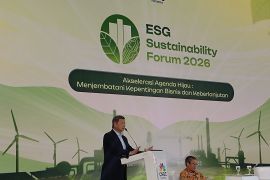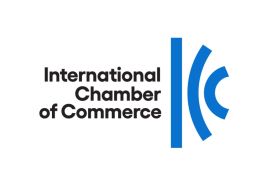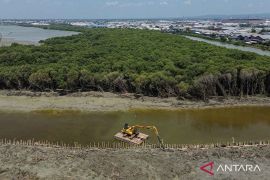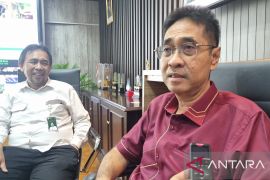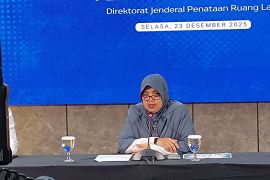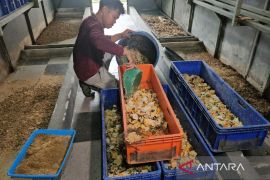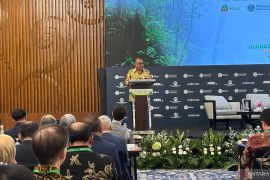"The carbon market in Indonesia must be of international scale and be traded in and outside the country," he said on the sidelines of the Sustainable Action for Future Economy (SAFE) event here on Tuesday.
According to him, collaboration between the government and the private sector could potentially create more projects that are traded on the domestic carbon market and increase the competitiveness of local companies in the global market.
He said that the carbon market could also have an impact on the reduction of emissions in Indonesia.
Hartono explained that Kadin Net Zero Hub helps private companies improve their competitiveness by providing training.
Such training can cover how to calculate the carbon footprint and commitment, reduce emissions, or ways to become a net zero company that meets international standards, namely the Science-Based Targets Initiative (SBTi).
"As many as 70 companies have registered for the Kadin Net Zero Hub program," he informed.
The Kadin Net Zero Hub initiative provides a space for the private sector to exchange knowledge and information to broaden its horizons and create a low-emission ecosystem in Indonesia.
"It is hoped that private companies in Indonesia can be proactive in reducing emissions so that the products produced will be competitive," he said.
The challenge is that all parties must be ready to collaborate and transparently show that the products of Indonesian companies meet international standards and have correct governance so that they are recognized by the global market, Hartono added.
"Collaboration can have a positive impact on the environment, even make the community prosperous," he said.
Related news: Indonesia prepares to enter the carbon market
Related news: Carbon tax becomes instrument to achieve NDC target, NZE: Nazara
Related news: Green economy must provide new, quality job opportunities: Minister
Translator: Irwen Azhari, Raka Adji
Editor: Azis Kurmala
Copyright © ANTARA 2023

